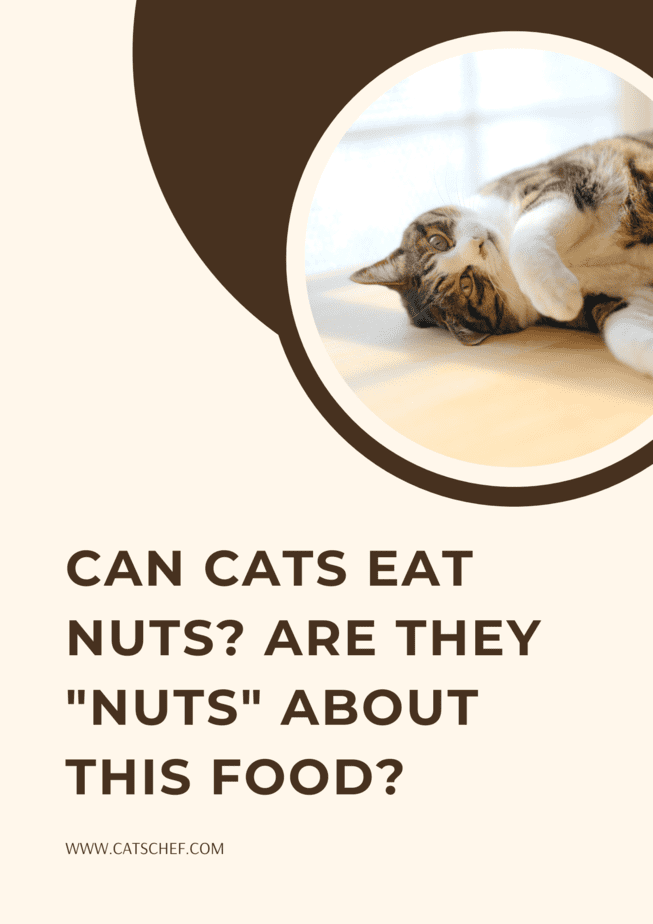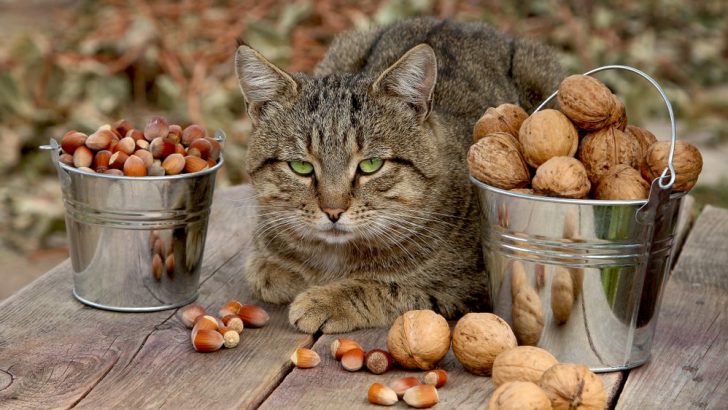Have you ever considered giving some nuts to your cat if you enjoy snacking on them? However, you must first ask yourself “Can cats eat nuts?”
People frequently think that their furry companions can eat the same nutritious meals that humans do. In some instances, this could work. But the majority of the time, it’s the exact opposite.
We presumably hold this perspective because we consider our animal buddies to be companions. However, this doesn’t imply that we should give them our food.
Even if we want to share a pack of hazelnuts with them, we must first determine whether cats may and should consume various nuts before exposing them to these snacks. Although it might be difficult, there are times when it’s vital to fight the impulse to share part of our meals with our pets.
You don’t want to watch your pet suffer. Plus, we all know how expensive vet bills can be. So, can our feline friends eat any quantity of nuts?
Such inquisitive little beasts, cats. They go about the home as if they owned it (as if they don’t, lol). It wouldn’t be the first time your hairy monster took a few nuts without you being able to stop her!
She doesn’t appear to have any trouble with stealing off a counter, as far as you know. She appeared to like the bowl of different nuts. Maybe it’s just the color or the smell? Let’s find out!
So, can cats eat nuts safely?
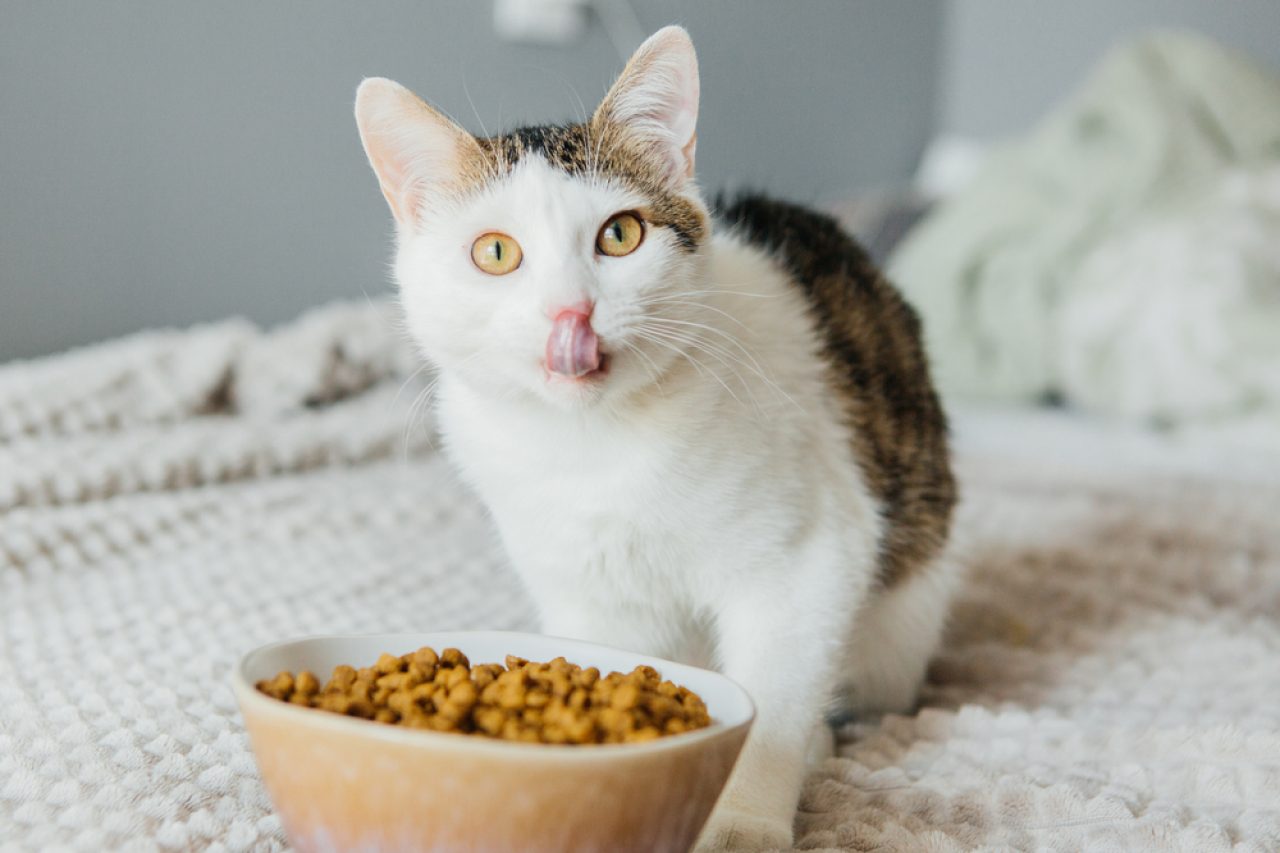
What should you do if your cat seems to be eyeing the nuts you’ve been chewing on? She will fight for anything she finds intriguing, therefore you must provide her with a truce deal. Otherwise, she will come at you with all she’s got.
Will you be sharing your nuts or will you have to offer her cat snacks as payment? Various nuts have been shown to be good for people, but you must keep in mind that cats may face certain health risks.
You should pay attention to your cat’s digestive system, though. Because they must eat meat, so almonds, walnuts, and other nuts are not their preferred food. These would be okay as an occasional treat, but nothing more.
There are a ton of cat-friendly snacks you can get for your pet! Nuts usually aren’t harmful to cats, which is excellent news, but this doesn’t guarantee their safety. They have a number of health advantages but also some disadvantages.
Health advantages of feeding your cat nuts
Since cats are carnivores, we’re unable to predict with certainty whether your cat would turn her nose up at nuts. However, they are also curious, so these healthy snacks may just be the thing to draw them in.
If they do, it’s more probable that she’ll be more attracted to the fat than the flavor itself. Additionally, if you have a spoilt cat as I have, she won’t be interested in the thought of excessive chewing.
Typically, plant-based foods don’t appeal to their senses, but you never know. Your cat can be a strange animal that likes to stick her whiskers into everything.
Although this could be advantageous, you should keep an eye out for your curious pet. We don’t want to experience the outcome of that proverb since we know how it ends.
1. Healthy fats
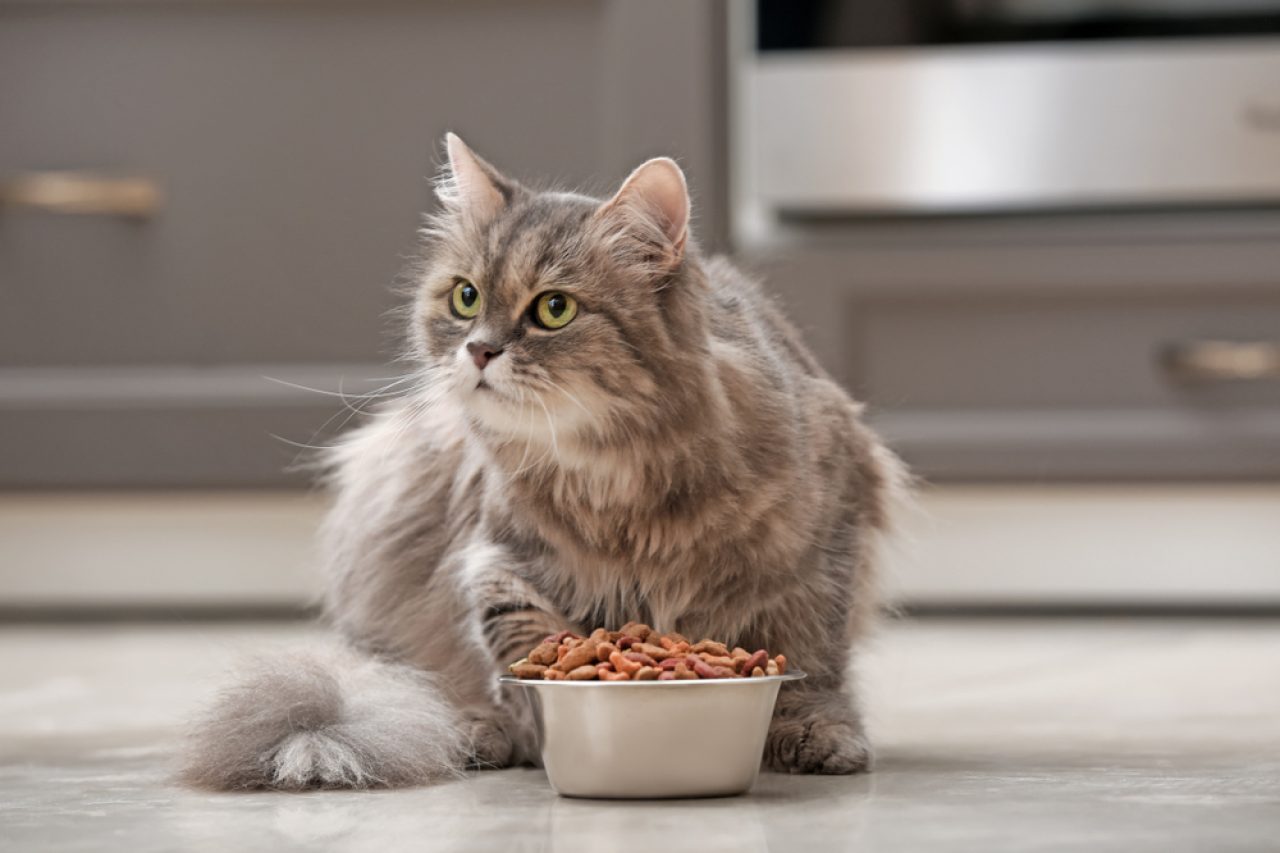
You should be aware that nuts are high in fat. It’s essential for both your health and that of your animal companion, but what happens when you consume too much?
That one has an obvious outcome that none of us want to hear. It’s doubtful that a few cashews for example every now and then can cause weight gain in your pet.
Unsaturated fats are very much present in nuts. They are good for cats, but a high-fat diet can make them obese and cause various weight-related illnesses. Make sure your cat doesn’t eat too many nuts as this might be harmful to her health.
The healthy fats in meals will impact her growth and development. These include an energy supply as well as smooth skin and hair.
On the other hand, she might develop dangerous conditions like pancreatitis if she keeps eating too many nuts and other high-fat foods.
The term “pancreatitis” describes pancreatic inflammation. It happens when digestive fluids are released by the pancreas but aren’t absorbed by your cat’s digestive tract. They start by digesting the tissue in your cat’s organs. I know, this doesn’t sound good at all!
2. The fatty acids
Can cats eat nuts? Well, the fatty acids say yes!
Your cat will greatly benefit from omega-3 fatty acids. They are crucial to her development and immune system.
She will gain a lot of energy from these fats, and they will also maintain her coat tidy and glossy. Additionally, her skin will be more elastic and shiny.
Sardines and other seafood, as well as fish, contain omega 3. For kittens that are still growing, omega-3 fatty acids are very crucial.
3. A source of protein
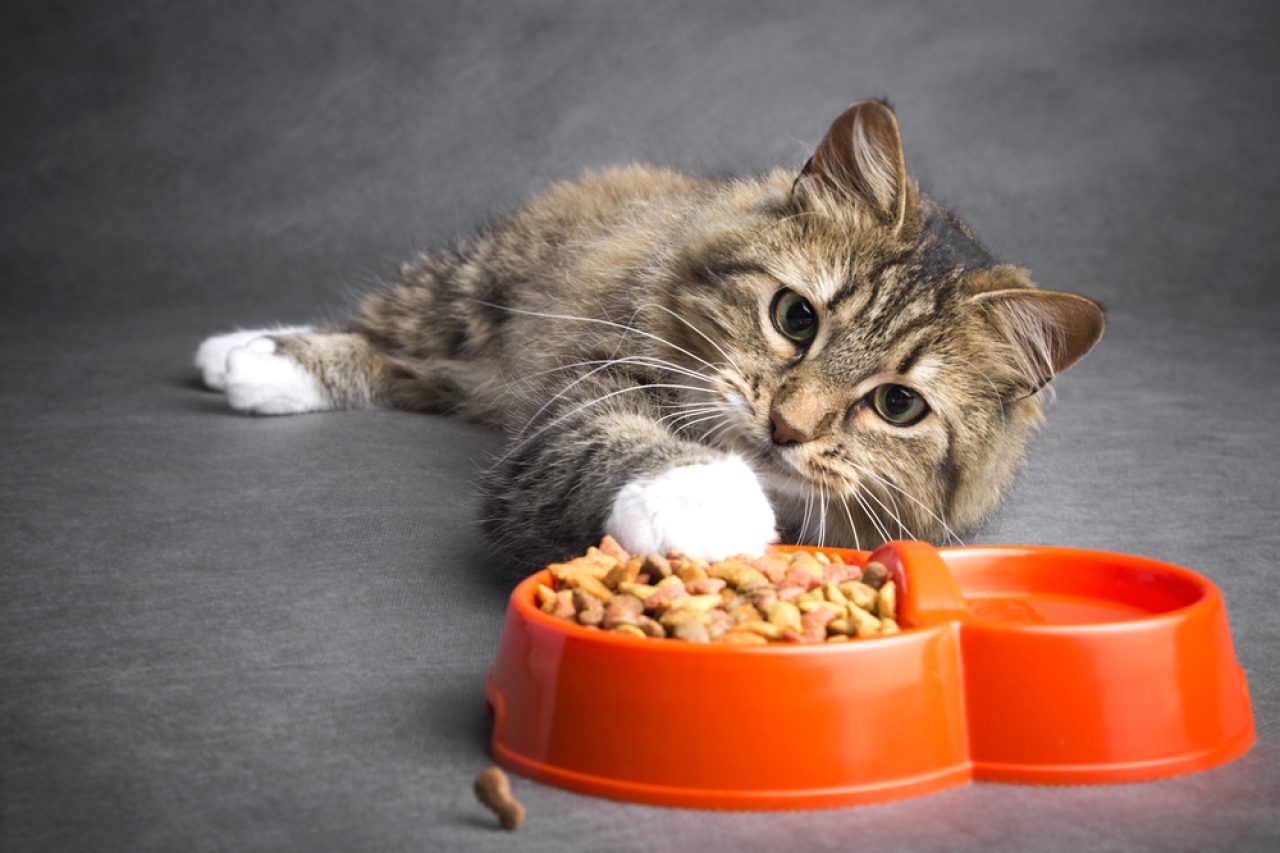
Because they must consume meat, animal protein, and nutrients derived from animals in order to survive and grow, cats are obligate carnivores.
Although nuts contain a lot of protein, the kind of protein they contain is not what your cat needs. Don’t be confused, she can still benefit from the vitamins, minerals, and other pleasures that come with eating nuts such as peanuts, but… there is always a but when it comes to feeding your cat human foods.
Protein, however, is essential for felines to grow up strong and develop normally. It benefits their teeth, bones, and a number of other body processes. However, these proteins are not animal-derived, so they cannot be properly absorbed by your cat’s digestive system.
Your cat is likely to get sick very fast without protein and fat. In light of this, you must give her a hefty helping of protein in the form of meals like duck meat.
4. Vitamins and minerals
These little treats are packed with vitamins, minerals, and other healthy ingredients. Iron, B vitamins, magnesium, vitamin C, calcium, and vitamin D are a few of them. These significantly affect your cat’s immune system and general wellness.
They participate in a variety of bodily processes and maintain your pet fit and healthy. For instance, calcium and vitamin D work together to maintain their sharp teeth and claws and strong bones.
B vitamins also aid in the distribution of nutrients throughout the body of your cat. They are essential for sustaining healthy amounts of energy since they are the fundamental components of all cells in living things. They are also known to regenerate bodily cells.
Next to these, vitamin A, vitamin E, folic acid, phosphorus, potassium, and zinc, are all abundant in nuts. Giving your cat a snack of these every now and then will provide her access to more than 19 different vitamins and minerals!
5. Fiber levels
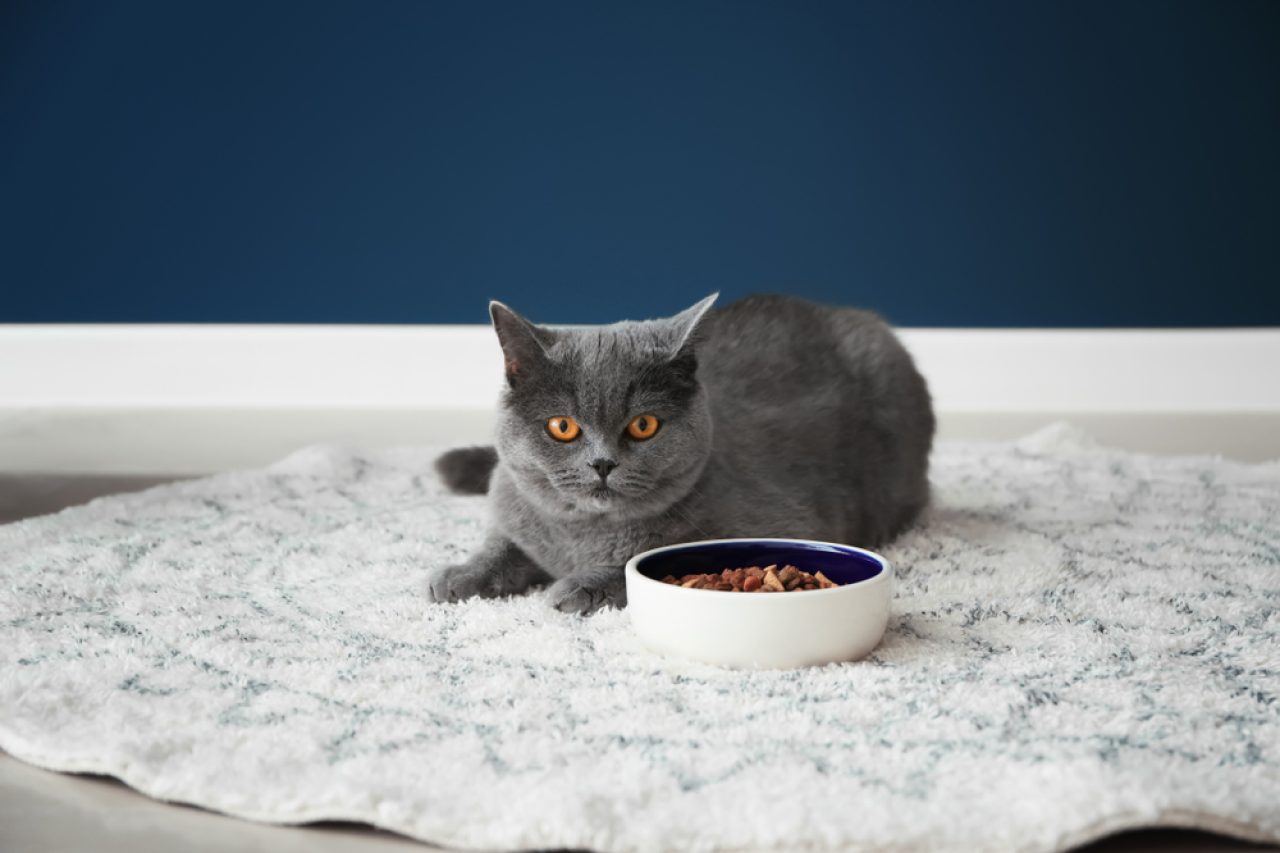
Dietary fiber is a carbohydrate that assists in regulating gastrointestinal processes. It can aid in digestion and nutritional breakdown for your pet.
Adding a small amount of extra fiber will help your cat and her struggle with diarrhea. On the other side, consuming too much fiber may result in various issues.
Her digestive health may suffer as a result. If this vitamin is ingested in excess, it may cause bloating and constipation. Cut back on the fiber if you don’t want your furry buddy to release those deadly fumes!
Are there any downsides to nuts?
Even though these nuts have several health advantages for cats, they shouldn’t eat them in abundance. The high fat and calorie content of nuts is one of the drawbacks of cat consumption.
The outcome for your cat is not optimal when these factors are present. If she continues to eat these kinds of food over time, she may experience a number of health problems.
Because of this, maintaining your pet’s food is one of your key concerns when you own a pet. Her diet must be well-balanced and primarily comprised of meat in order to meet her nutritional demands.
1. High-caloric food
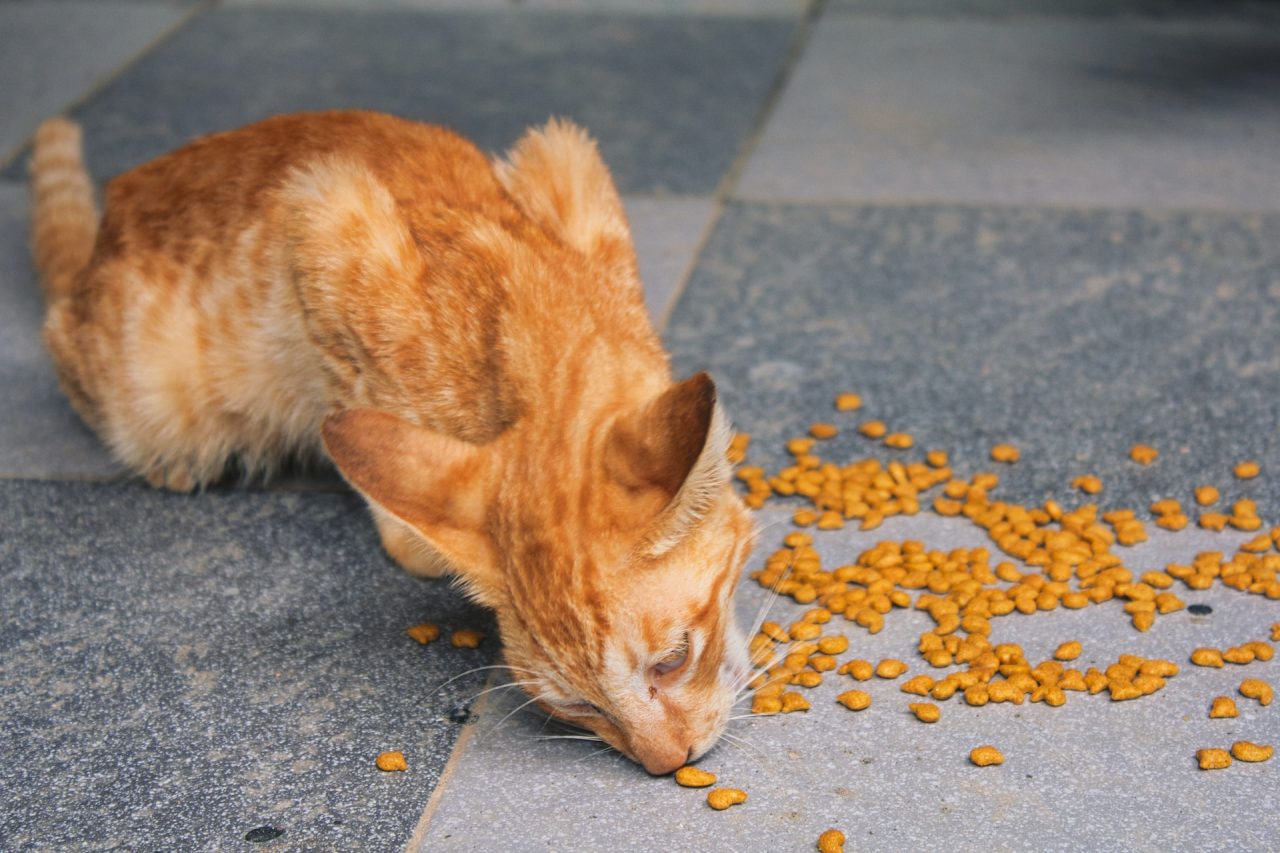
Nuts are healthy for people, but they might be problematic for your cat. They are calorie-dense snacks, which causes problems.
Your cat will probably endure some digestive upset if she munches on these and you don’t intervene. Vomiting and diarrhea are two symptoms of an upset stomach that your pet may display.
They’re known to promote bloating due to their high-calorie content, and we all know what happens next. Even if those gases are unpleasant, you are on your own if this occurs.
Your cat may endure cramps if she is unable to escape her predicament in some way. Just to be safe, keep her away from calorie-dense items.
The worst idea you can have is probably to constantly feed your overweight cat nuts. They can also be challenging for cats to digest, and eating too many will result in stomach discomfort, diarrhea, and vomiting.
2. Packed with salt
If you didn’t already know, salt is bad for cats. Because sodium is one of the minerals that are vital to your health, you could be perplexed.
It removes carbon dioxide from the body and aids in fluid regulation. For us, it also offers a lot of additional health advantages, but what about felines?
This condiment can be harmful to your pet’s health if consumed in high amounts. Your feline may get salt poisoning in extreme circumstances.
Milder and more typical symptoms of sodium poisoning include vomiting, diarrhea, and increased thirst and urination.
It may even be fatal in other, more tragic situations. Seizures, tremors, and coma are examples of severe symptoms. Your pet may be in danger of passing away if she ate a piece of salt.
Even though it’s one of the most widely used preservatives, cats prefer it for completely different reasons.
It is a common ingredient in many food products since it keeps flavors and freshness intact. Although it extends the product’s shelf life, it might result in a shorter lifespan for your pet.
3. A choking hazard
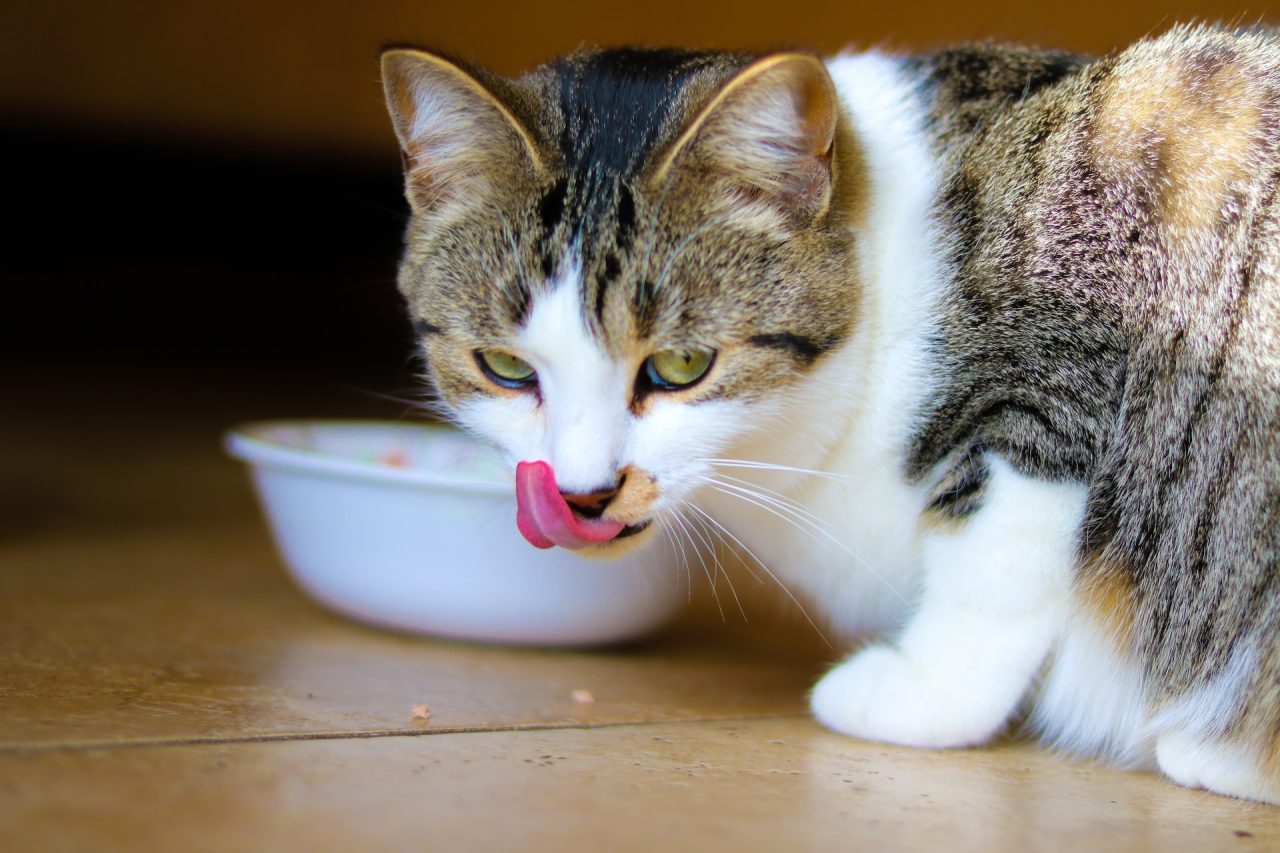
Although I believe that this should be clear, we could all use a reminder now and again. If your cat is anything like mine, you are aware of the difficulty in getting them to focus on something other than your meal.
When the food is little and rounded like nuts, it is a very difficult chore! You should be concerned if your pet has opted to play with these nuts that resemble balls.
All hell may break loose when cats ingest entire nuts with their shells on in the excitement of the moment. Your cat starts flailing her paws and litter-boxing all over the place as you start to panic.
I am aware of how upsetting it is to witness this, as well as how challenging it may be to intervene. You should be especially cautious of their harsh texture when they are not peeled.
Additionally, nuts can become lodged in someone’s teeth. Don’t ask me how I know, but cats don’t like toothbrushes. Therefore, do all you can to escape these terrible circumstances!
For instance, pistachio shells can also become caught in their digestive tract since they are difficult to digest as if this wasn’t stressful enough. Your cat lacks the necessary skills to manage and disassemble this strange thing on her own.
Can cats eat macadamia nuts?
Due to the presence of certain chemicals that have the potential to seriously harm felines, macadamia nuts are regarded as poisonous to cats.
They’re also high in oils that may cause digestive problems. Your cat will probably endure some digestive upset if she munches on these and you don’t intervene. Vomiting and diarrhea are two symptoms of an upset stomach that your pet may display.
The compounds in these nuts are known to promote bloating due to their high-calorie content, and we all know what happens next. Even if those gases are unpleasant, you are on your own if this occurs.
Your cat may endure cramps if she’s unable to escape her predicament in some way. Keep her away from calorie-dense items as a result.
What about allergies?
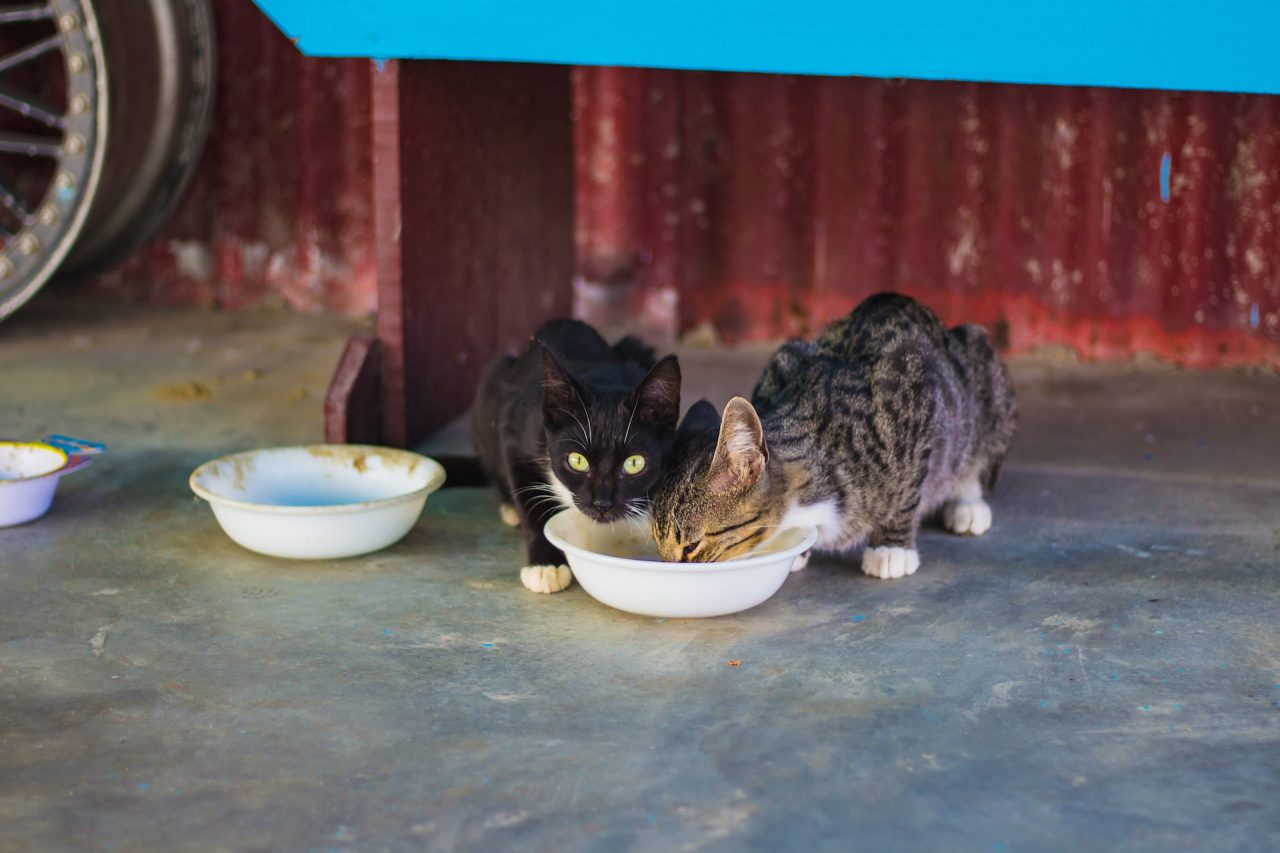
Unfortunately, cats can also have food allergies; you might not be aware of this. Nuts are one of them, yet the most popular ones are seafood like sardines.
Your immune system’s protective response to an allergen is what we call an allergy. It misinterprets the meal as something dangerous and begins to defend itself.
The bad news is that unless your pet tries something, you can’t really tell if she’s allergic to it. She could go through the following if she develops a cashew allergy.
An allergic response can cause breathing difficulties, skin rashes, and stuffy noses, among other symptoms. If you see any of these after your pet has nibbled on some nuts, you might think about taking her to the vet’s office.
You’ve come to the correct site if you’re still trying to figure out if cats can eat nuts. It’s reasonable to state that you shouldn’t give your cat this nutty treat after learning about the hazards and advantages of nuts such as walnuts.
There are so many beneficial substitutes available, and there are just no justifiable justifications for including human foods in your cat’s diet. She’s better off without any nuts in her little stomach, I assure you!
